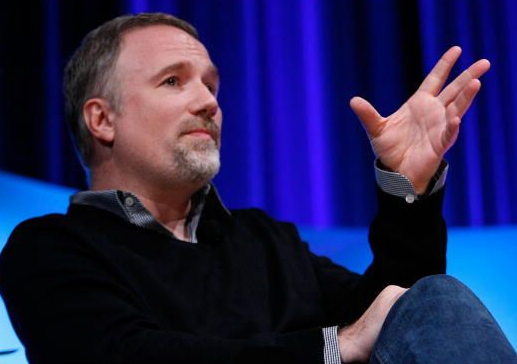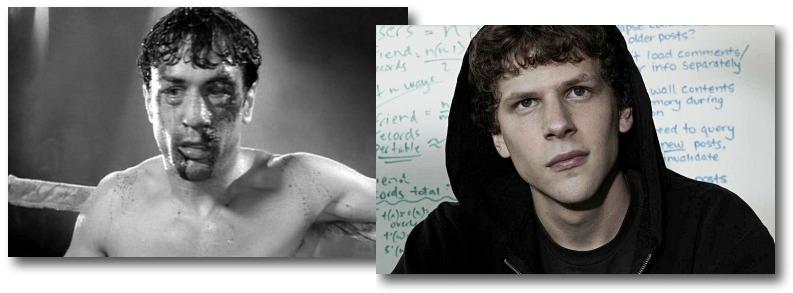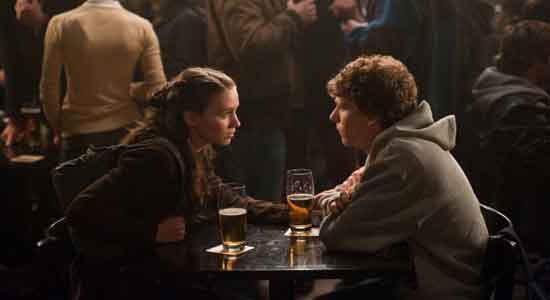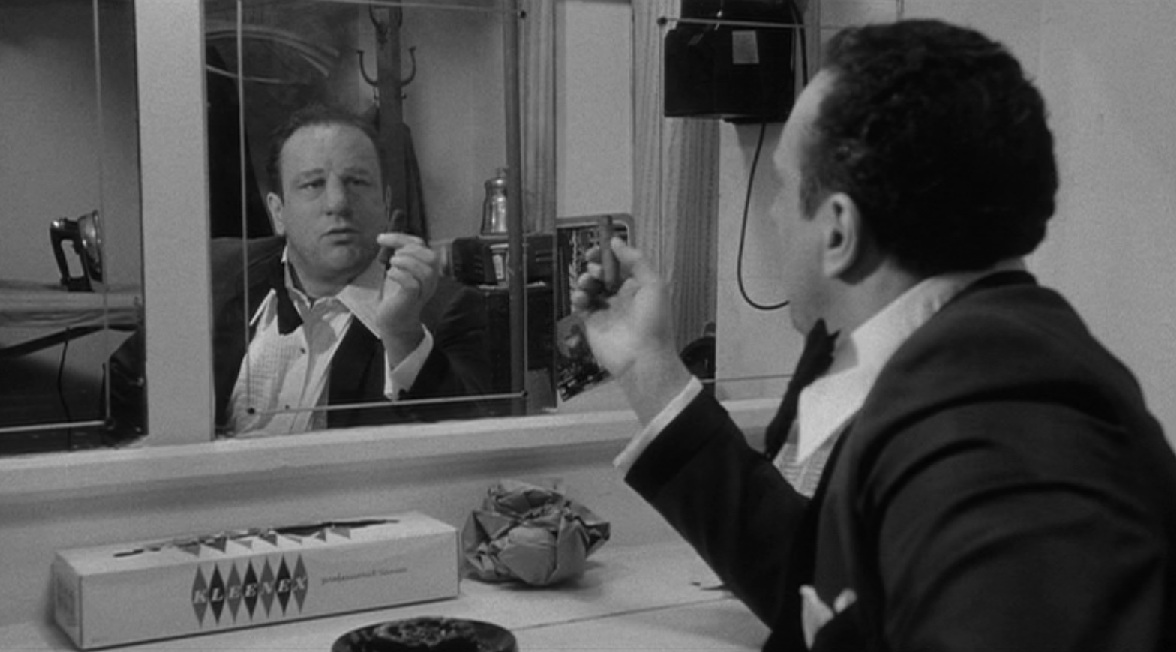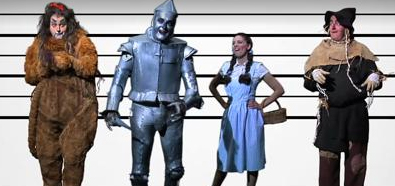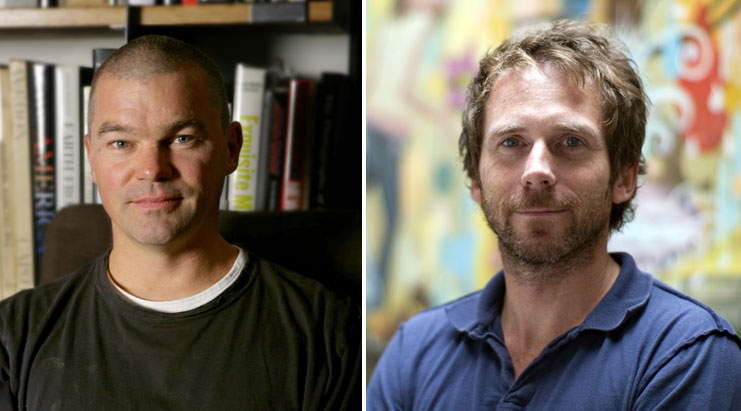Mix Tape: "Baby, You're a Rich Man" in The Social Network
 Saturday, February 19, 2011 at 11:00AM
Saturday, February 19, 2011 at 11:00AM Andreas from Pussy Goes Grrr here, with another look at the role of song choices in films. I'm gnerally dissatisfied with The Social Network's ending: first, the film's final line, with the legal associate Marilyn echoing the "asshole" comment made by Erica during the opening breakup scene, feels like forced parallelism. Second, Mark's attempt to friend Erica on Facebook (and his constant refreshing) suggests a pat, reductive explanation for his actions—he did it all for the girl that got away—regardless of how ambiguous the expression on Jesse Eisenberg's face is. Between these incidents, it's an ending unworthy of the layered, hyperactive film that preceded it.
However, the ending is somewhat redeemed and rendered a lot wittier by the choice of song that accompanies it, The Beatles' "Baby, You're a Rich Man." Of course, it's superficially appropriate to the film's last superimposed piece of information ("Mark Zuckerberg is the youngest billionaire in the world"), but it's also laced with irony. Like, for example, how the tone of the song (warm, jingly, full of Beatles goofiness) clashes with the gravity and somberness of Fincher's film.
Just listen to it back-to-back with "Hand Covers Bruise," the first track from The Social Network's Reznor/Ross soundtrack, and the incongruity becomes painfully clear. The irony goes deeper, though, for while The Beatles' giddy attitude toward wealth and status may have felt suitable earlier in the film, like around the time Mark's buying his "I'm CEO, Bitch" business cards, the ending finds an older, sobered Mark who's realizing just how successfully he's cut off everyone else. The refrain "Baby, you're a rich man!" now sounds more like a prison sentence than a cause for celebration.
Most ironic of all, we've got that first line of the song: "How does it feel to be one of the beautiful people?" This recalls another possible explanation for Mark's behavior: his "Finals Clubs OCD," as Erica calls it, and his attendant rivalries with the ultra-Aryan Winklevii and his best friend Eduardo, who gets into the Phoenix. Mark—nerdy, insensitive, awkward, and yes, Jewish—has spent the whole film trying to move up the ladder of the Harvard community, to join the ranks of those "beautiful people," but now that he's among the richest people on earth, he's still compulsively, pathetically pressing the refresh button, pining for something (Erica's friendship) that he just can't have.
So with merely a four-decade-old song and the sound of Mark's clicking finger, Sorkin and Fincher's ending evokes all the inherent contradictions in the ways that Mark (and the film) view money, power, and friendship. He may be a rich man, but as they say, money can't buy you love.
 David Fincher,
David Fincher,  Mix Tape,
Mix Tape,  The Social Network
The Social Network 


